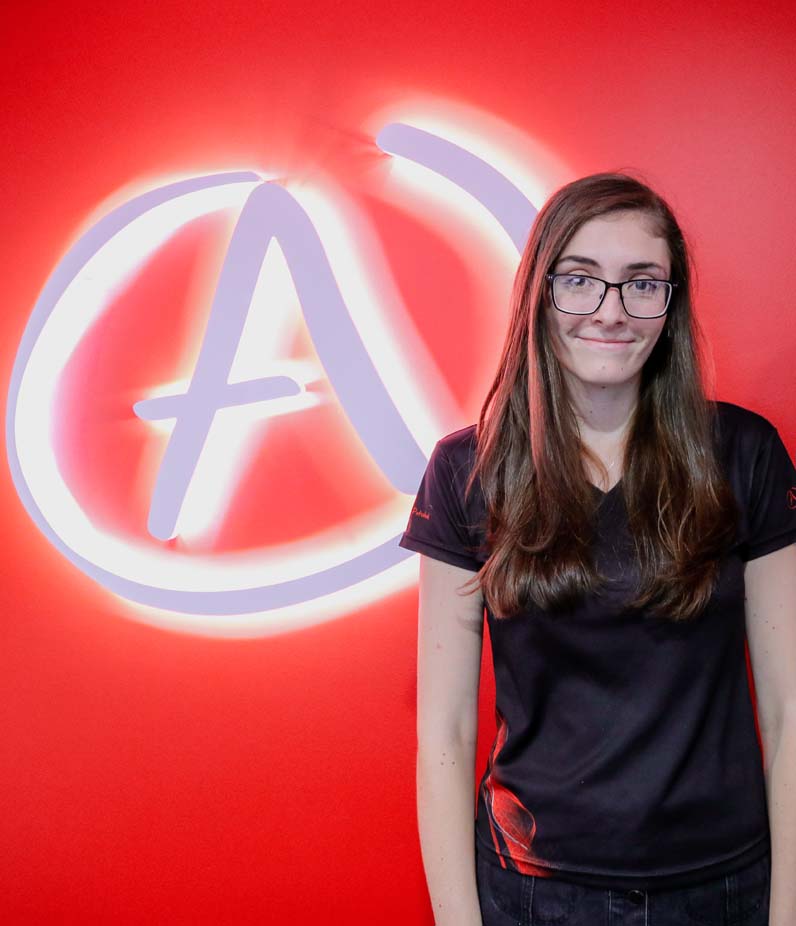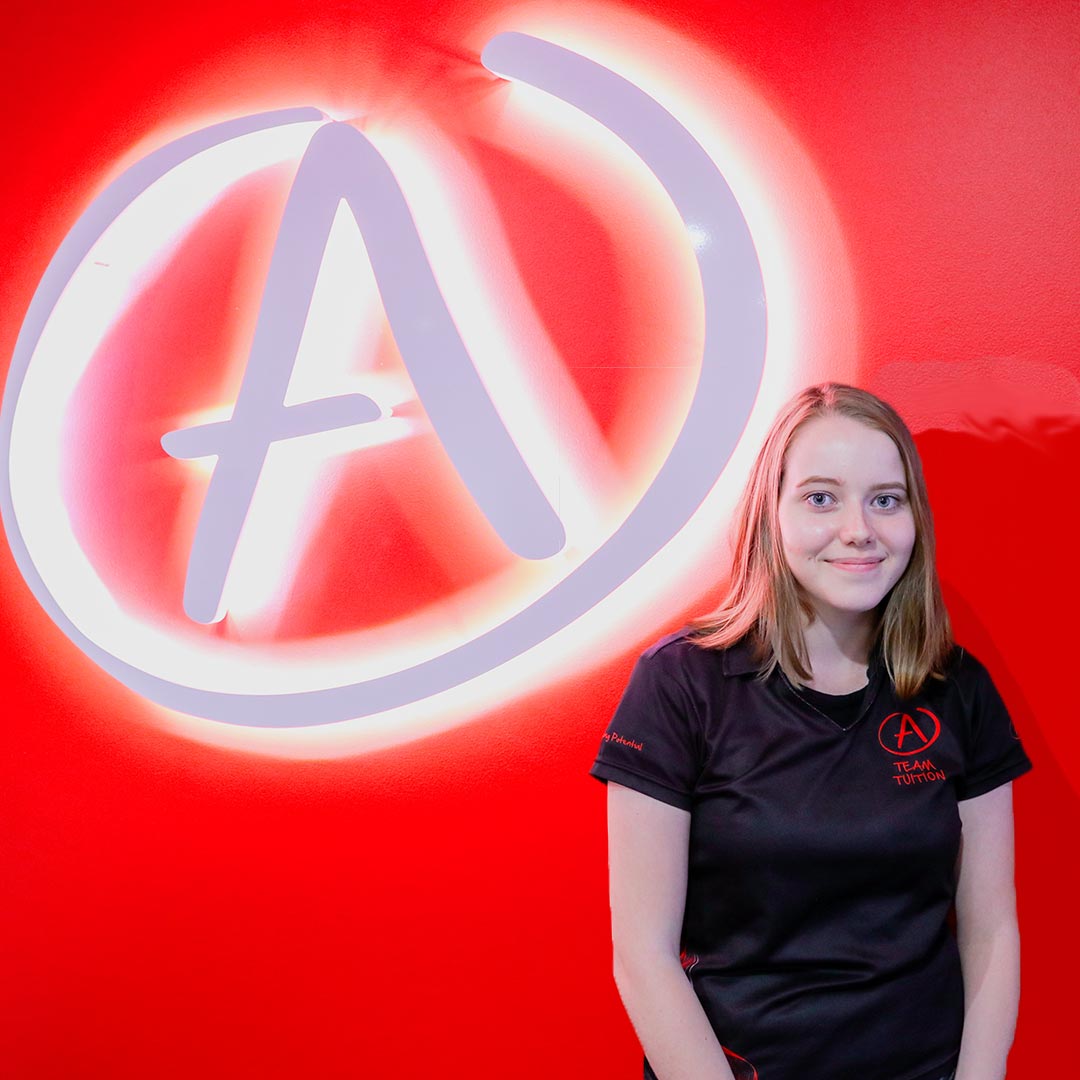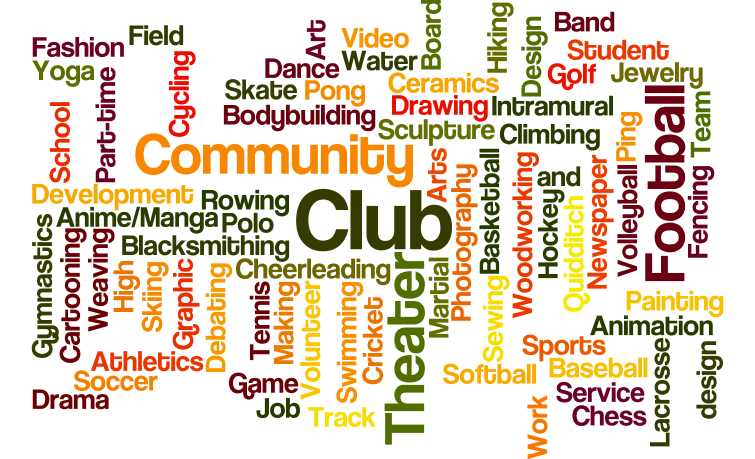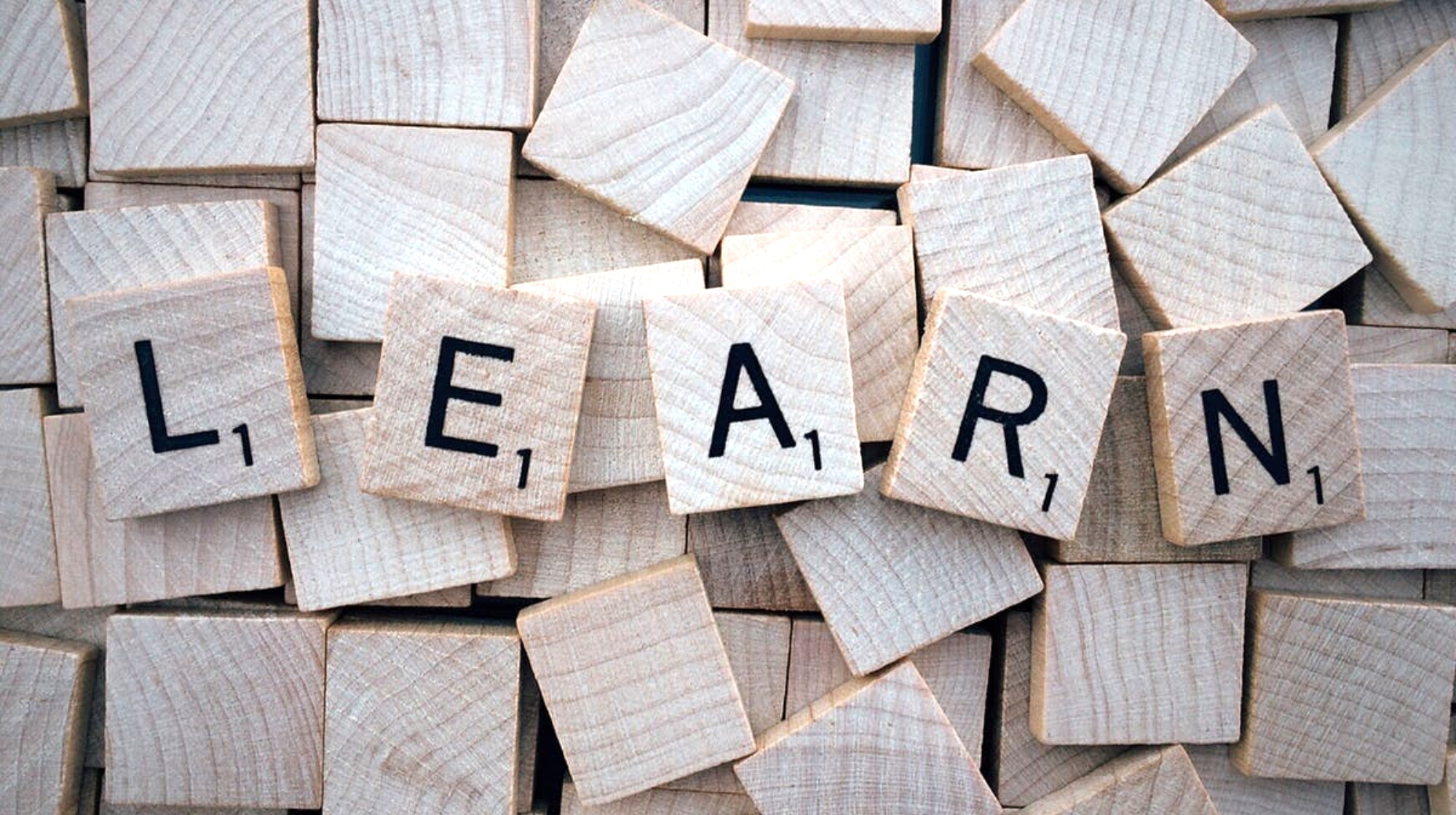
Everyone is different. We all look different, even identical twins have some disparity. We all speak differently; depending on a person’s origin, they might speak another language or have an accent. Every person also has their own preference regarding food; apparently, not everyone likes chocolate!
So, it is not that surprising that every single student learns differently!
Think about it… a teacher’s verbal recap of a historical event, such as World War I, will not embed into all 26 student’s minds. It might work for one or two students, but for others, it likely goes in one ear and straight out the other.
This is why most teachers ask students to take notes, draw diagrams, read, or otherwise complete a range of diverse activities. This allows most, if not all, the students some way to learn that meets their individual needs.
There are three broad categories of learning languages, which represent a key method of learning:
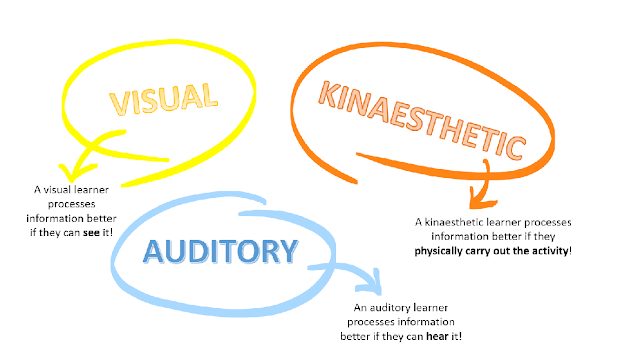
Of course, people can be a combination of two types! Personally, I am a visual-kinaesthetic learner! This means that I learn best when I can visualise and actively engage with the context. Some methods I use, include drawing diagrams, making flashcards, and answering practice questions while I am working out at the gym!
Not only does the information embed into my brain a lot easier, but sometimes I even have fun while studying!
That is why, at A Team Tuition, we understand and appreciate the importance of creating learning strategies unique to each individual student. This allows us to communicate more effectively and teaches our students how to learn smarter, not harder.
So… even if they don’t know it yet, every student has their own unique language that will help them absorb information into their brains more effectively and time-efficiently.
The key to success is to unlock this knowledge… help your child discover their learning language! A quick way to do this would be to choose three difficult, unfamiliar words (this will vary depending on your child’s age). For the first word, just read out the definition. For the second word, ask them to read the definition. Finally, for the third word, ask them to draw a diagram/ picture of the meaning.
Give it a couple of minutes and then ask them which definitions they still remember. It is also important to ask your child how they think they learn best. Depending on the results, you will likely be able to determine whether your child is best suited to an individual or combined category.
Now, you just have to implement the suitable learning methods, sit back, relax, and watch as your child starts to thrive!
Contents
- Visual Learner
- Auditory Learners
- Kinaesthetic Learners
Visual Learners
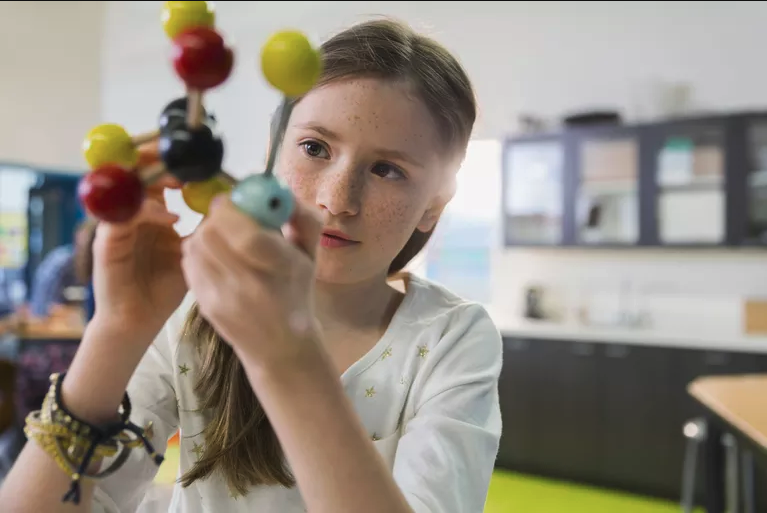
As one of the most common learning languages – visual learners remember information more effectively if it is presented to them graphically. They prefer to see how things take shape. They visualise concepts to comprehend it’s meaning.
This form of learning is typically introduced during early childhood. How? Well, think back to all the picture books… the images which brought the words to life! The countless flashcards to associate the letter ‘A’ with ‘apple,’ ‘b’ with ‘bee,’ and ‘c’ with ‘cat.’ Not to mention the countless episodes of Sesame Street, which discretely taught life-lessons through puppeteering!
Now, fast forward a few years to school… how can this learning language be used to help your child maximise their learning?
Well, various visual learning techniques can be implemented, depending on the assessment.
For example, for exams and general revision, students can utilise:
- Flashcards
- Diagrams
- Picture maps
- Tables
- Read over class notes
However, for speeches, students are advised to write out their speech multiple times.
Personally, I advise my visual learners to write out their weekly notes in poster format and then blue-tac it to their wall, so they can keep reading it and refresh their memory during the lead up to the exam!
Colour association is also a fantastic tool that is seriously underrated! This method can be used regardless of the assessment type. It allows the brain to relate the content to a specific category. Once categorised, it is easier to recall the information collectively. A major tip is to stick to colours already socially constructed for a particular purpose.
For example, in the context of a history source evaluation, highlight primary sources or supporting information in green, secondary sources in yellow, and contradicting information in red.
So, next time your visual learner is finding it hard to focus on reading countless chapters of a textbook, try encouraging them to make posters or flashcards featuring the content. Not only will this help them comprehend the information more efficiently and quickly, but it will also stop them from getting bored and falling asleep!

Auditory Learners
While auditory is not the most recognised form of learning, we all actively engage in it every day!
From speaking to others, listening to the radio while driving, enjoying an audio-book, to getting frustrated at the GPS voiceover, we all use some form of audio.
So really, it is no surprise that it is one of our most significant tools of learning!
Some key study methods for auditory learners include:
- Recording speeches/ notes
- Listening to a recording of speech/ notes repeatedly and in different environments
- Reading speech/ notes out-loud
- Having a family member, friend, or peer read notes out-loud or quiz student
- Having a general discussion with someone and explaining key concepts
- Listening to podcasts
- Listening to music (without lyrics preferably) while studying
Tip: students can record their speech and listen to it while they sleep! It is also recommended that students listen to the recording three times throughout the days leading up to the speech. This will help to embed it into their memory and may make it easier for them to recall it on presentation day!
Kinaesthetic Learners

How do you tell if your child is a kinaesthetic learner?
Well, students with this specific learning style are typically quite fidgety and look like they have ants in their pants! Whether it is chewing, tapping their feet, bouncing their knees, or clicking their pen, kinaesthetic learners like to keep moving.
Unfortunately, this does make it hard for them to stay focused when in slow-paced environments. Instead of absorbing content while reading a textbook in a silent classroom, a kinaesthetic learner will likely be falling asleep, distracting others, and be very susceptible to distraction from other students. This frequently results in kinaesthetic learners being labelled the ‘trouble maker’ or ‘jokester’ of the class.
However, if students learn to funnel and utilise all this energy into working smarter, not harder, they will unlock their learning potential!
To achieve this, an ‘emphasis’ must be put on ‘movement.’ Some key learning techniques for kinaesthetic learners include:
- Board games
- Answering practice questions while doing physical activity (e.g., kicking or balancing a ball)
- Using clay to model scientific diagrams (useful for science revision)
- Playing with a ball while explaining concepts
- Playing simple memory games
- Building models with Lego/other building materials
- Other hands-on activities/games
Remember, repetition is key! You can change the activity, however, use it to reinforce the key concepts.
It might also be useful to combine kinaesthetic learning techniques, with either visual or auditory techniques for a more significant impact.

So, there you have it… A Team Tuition’s broad overview of the three main learning languages!
Of course, students can use a combination of any of the above methods, as everyone learns differently. No one method is going to work for all students.
It is for this reason that it helps to be aware of what learning language your child is more in-tune to, as you can cater to their individual needs and teach them how they learn best! Not only will this help them thrive in school, but it will also prepare them for life-long learning!
However, if you or your child is struggling to implement the methods, feel free to contact one of our friendly staff at A Team Tuition! Our team of highly trained and experienced Academic Personal Trainers has a limitless amount of techniques that can be moulded to suit each individual child. Together, we can all start to learn smarter, not harder!
START MY CHILD’S TRANSFORMATION TODAY!
Whether you need help with homework, assignment & exam preparation or just a confidence and motivation boost at school – we can help!
Tell us about your child and we will get in touch as soon as possible!
The post What Learning Language Is Your Child? appeared first on A Team Tuition.
from A Team Tuition https://ift.tt/2tJIsRh
via IFTTT

